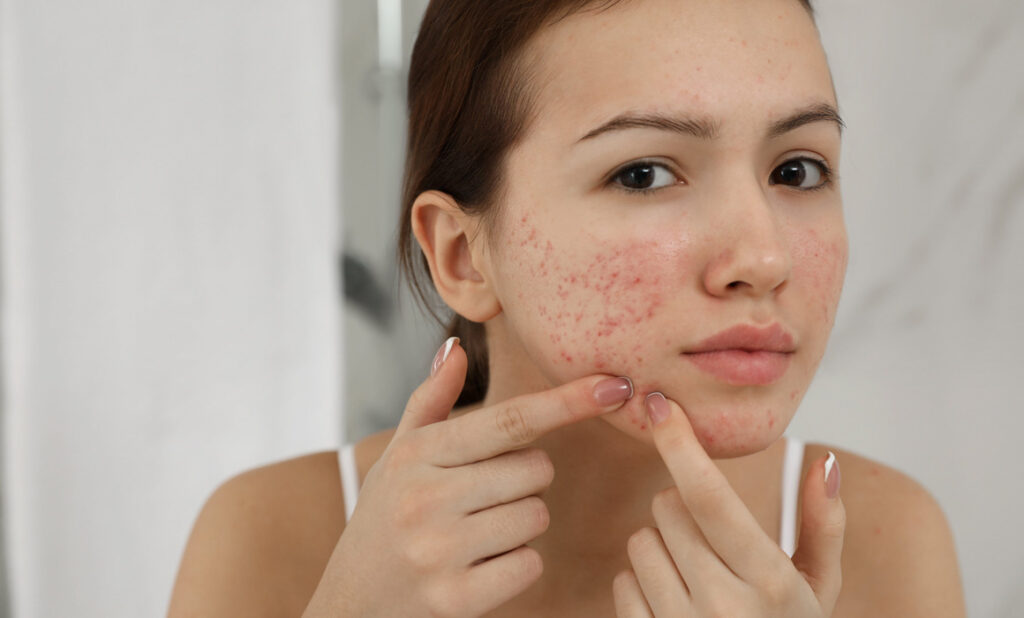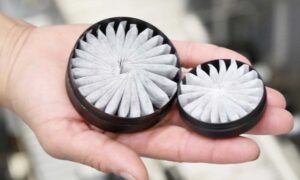Say Goodbye to Acne: Best Treatments

Acne is a common skin condition that affects millions of people worldwide, causing both physical and emotional distress. While it often begins during puberty, acne can persist into adulthood. Fortunately, there are numerous effective treatments available to help you achieve clearer skin. This article explores some of the best acne treatments, from over-the-counter solutions to advanced professional therapies.
Understanding Acne
Acne occurs when hair follicles become clogged with oil and dead skin cells. This can lead to whiteheads, blackheads, pimples, and even cystic lesions. Factors contributing to acne include hormonal changes, certain medications, diet, and stress.
Over-the-Counter Treatments
Benzoyl Peroxide
Benzoyl peroxide is a widely used ingredient in acne treatments. It works by killing acne-causing bacteria and removing excess oil and dead skin cells. Available in various strengths, it is often recommended to start with a lower concentration to minimize skin irritation.
Salicylic Acid
Salicylic acid is another popular over-the-counter treatment. It helps to unclog pores and reduce inflammation, making it particularly effective for treating blackheads and whiteheads.
Retinoids
Topical retinoids, such as adapalene, promote cell turnover and prevent hair follicles from becoming clogged. These are now available over-the-counter in lower concentrations.
Prescription Treatments
For more severe or persistent acne, prescription treatments may be necessary. These include:
Topical Antibiotics
Topical antibiotics like clindamycin can reduce bacteria and inflammation on the skin. They are often used in combination with other treatments to enhance effectiveness.
Oral Medications
Oral antibiotics, such as doxycycline and minocycline, can be prescribed for moderate to severe acne. They work by reducing bacteria and inflammation from within.
Hormonal Treatments
For women, hormonal treatments like birth control pills or anti-androgen medications can be effective in managing acne by regulating hormone levels.
Isotretinoin
Isotretinoin, a powerful oral medication, is reserved for severe, cystic acne that does not respond to other treatments. It reduces oil production and prevents hair follicles from becoming clogged, but it requires close medical supervision due to potential side effects.
Natural and Home Remedies
Some people prefer natural remedies for acne. While scientific evidence is limited, some find relief using:
- Tea Tree Oil: Known for its antibacterial properties.
- Aloe Vera: Soothes inflammation and promotes healing.
- Honey: Has antibacterial and anti-inflammatory properties.
Professional Treatments
For those seeking advanced solutions, professional treatments can be highly effective:
Chemical Peels
Chemical peels involve applying a solution to the skin that causes it to exfoliate and eventually peel off, revealing new, clearer skin underneath.
Light and Laser Therapy
Light and laser therapies target the deeper layers of the skin to reduce acne-causing bacteria and inflammation. One such advanced treatment is the Clinique Anti Aging acne treatment, known as AviClear. This FDA-approved laser treatment targets the source of the oily substance on your skin without the use of harsh chemicals.
Microdermabrasion
Microdermabrasion involves exfoliating the skin with a fine abrasive to remove dead skin cells and unclog pores. It can be effective for mild acne and improving skin texture.
Lifestyle Changes
In addition to topical and professional treatments, certain lifestyle changes can help manage acne:
- Maintain a Consistent Skincare Routine: Cleanse your face twice daily with a gentle cleanser.
- Avoid Touching Your Face: This can transfer bacteria and oils to your skin.
- Manage Stress: Stress can exacerbate acne, so practices like yoga and meditation can be beneficial.
- Healthy Diet: A balanced diet rich in fruits, vegetables, and whole grains can support overall skin health.
Conclusion
Acne can be a persistent and frustrating condition, but with the right treatments and lifestyle changes, clearer skin is achievable. From over-the-counter solutions to advanced professional therapies like the Clinique Anti Aging acne treatment, there are numerous options to explore. Consult with a dermatologist to find the best treatment plan tailored to your specific needs. Remember, patience and consistency are key in the journey to clear skin.








